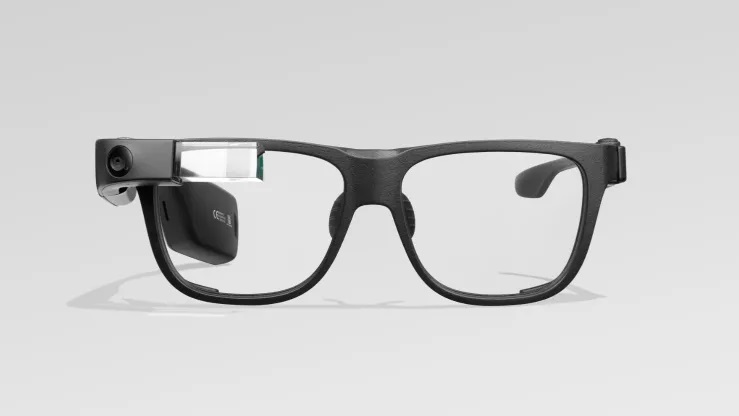Google Glass is dead. Again.
AR glasses discontinued for the second time

Not many products get the honor of being killed twice, Google Glass is one them.
Production on Google’s augmented reality glasses was originally canceled in 2015 but now its business-focused variant, the Google Glass Enterprise, has also met its end.
The $999 headset ran on Android OS and was more powerful than the commercial headset but, as of Wednesday March 15th, Google has called time on the Glass project.
No particular reason was given by Google for the end of production but a statement on the Glass website reads:
“Thank you for over a decade of innovation and partnership. As of March 15, 2023, we will no longer sell Glass Enterprise Edition.” The statement goes on to say Glass Enterprise Edition will be supported until September 15th but owners should still be able to use their smart glasses, just without software updates and some reduced functionality.
Google Glass Enterprise saw Google rebrand the glasses away from the public consumer and into more specialist markets that required precise tasks with both hands free. Most notably, some surgeons wore them to provide POV training footage for students and junior staff but they were also prevalent in the manufacturing industry.
Why did Google Glass fail?
At least for the first version, privacy concerns were the biggest problem for a lot of people and not just for the person wearing the smart glasses.
Sign up to get the BEST of Tom's Guide direct to your inbox.
Get instant access to breaking news, the hottest reviews, great deals and helpful tips.
Google already has an ample amount of information on most of us but it was the ability to take photos and videos of people without them knowing that had many feeling uneasy. As invasive as being filmed by somebody’s smartphone is, at least it's fairly obvious when they are doing it. This is an issue all future wearable tech (such as the Apple Glasses) will need to confront and address.

There are smart glasses on the market now that are explicitly designed to take photos and videos on the go, such as the Ray-Ban Stories, which is a collaboration between Ray-Ban and Meta.
Google Glass also launched at a prohibitive price. The initial headset was $1,500 and while the Enterprise edition had dropped to $999, that is still a lot for a technology many have little use for.
Other Google Glass complaints included a swipe-based control system that was inconsistent at best and a narrow field of view for the display. SNL's poking fun of the original Google Glass above sums it all up pretty well.
Google's not giving up on AR, however. Google Lens owes a lot to Google Glass and comes pre-installed on every Android phone while being far less invasive. And Samsung, Google and Qualcomm have announced a partnership to produce XR (mixed reality) hardware. So we'll have to see how that project turns out.
More from Tom's Guide
Andy is a freelance writer with a passion for streaming and VPNs. Based in the U.K., he originally cut his teeth at Tom's Guide as a Trainee Writer before moving to cover all things tech and streaming at T3. Outside of work, his passions are movies, football (soccer) and Formula 1. He is also something of an amateur screenwriter having studied creative writing at university.
